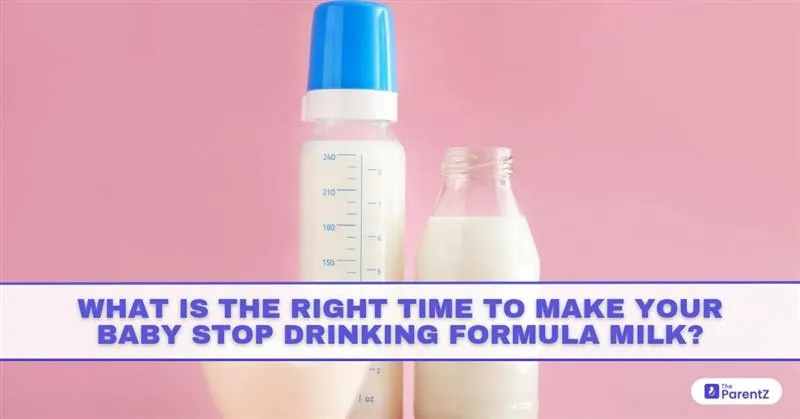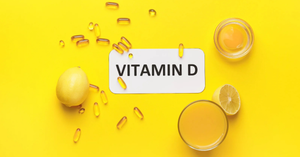Suddenly, the big question that hits most parents is: When is it the right time to stop formula milk altogether? It’s a question almost every parent wrestles with — and for good reason. Formula has been your baby’s nutritional safety net for months, but like all good things, the bottle days have an expiration date.
Read below this article to find the best time to transition from formula to more grown-up choices.
The Recommended Age To Stop Formula Milk
The truth is, most pediatricians suggest saying goodbye to formula around your baby’s first birthday. By the time a child turns one, their digestive system, kidneys, and nutritional needs have matured enough to handle the transition from formula to whole milk or fortified plant-based alternatives like oat or soy milk.
The American Academy of Pediatrics recommends starting this shift anywhere between 12 to 14 months, depending on how well your little one is eating solid foods. Formula is designed to mimic the nutrition of breast milk, but after one year, most children can meet their nutritional needs through a healthy mix of solid foods and milk.
Should You Stop Formula After One Year?
Formula is calorie-dense, and while that was perfect during the early months, older toddlers need more than just calories. They need texture, variety, and a wide range of vitamins and minerals from real, chewable food.
Sticking to formula too long can actually fill your child’s tummy and leave less room for solid foods, slowing down this crucial stage of food exploration.
Transitioning off formula encourages toddlers to develop healthy eating habits and helps prevent issues like iron deficiency, which is more common in formula-fed toddlers who delay solid food intake.
How To Transition From Formula To Milk?
The shift from formula to milk doesn’t need to be dramatic or stressful — in fact, the smoother and slower, the better for both baby and parent. Most families begin by offering a mix of formula and whole cow’s milk (or a fortified non-dairy alternative) in the same bottle, gradually reducing the formula ratio over one to two weeks.
This helps your child’s digestive system adjust and avoids the surprise of a completely new taste. Remember, kids are creatures of habit, so patience and a little creativity — like offering milk in a colorful sippy cup — can go a long way.
What If Your Baby Refuses To Give Up The Bottle?
For some babies, it’s less about the formula and more about comfort. If your little one isn’t quite ready to give up the habit, you’re not alone. Transitioning away from bottles can be an emotional milestone for both of you.
Pediatricians recommend introducing cups or sippy cups around six to nine months so that by the time the first birthday rolls around, the bottle doesn’t feel irreplaceable. Gradually reducing bottle feedings and offering snacks, meals, and water in fun cups can ease this transition.
When To Speak To A Pediatrician?
Every baby is different, and some little ones have unique health needs that might change the timeline. If your child was born prematurely, has developmental delays, or struggles with growth, your pediatrician may advise continuing the formula longer for extra nutritional support. Growth charts, appetite, and medical history all help doctors guide this decision. If you’re unsure, always ask — because parenting rarely comes with a one-size-fits-all instruction manual.
Conclusion
There’s no magic day circled on the calendar when your baby should stop formula, but around the 12-month mark is a healthy starting point. It is best to consult your pediatrician if you are still unsure.








Be the first one to comment on this story.